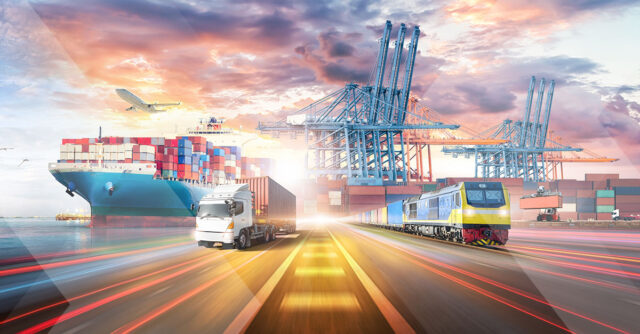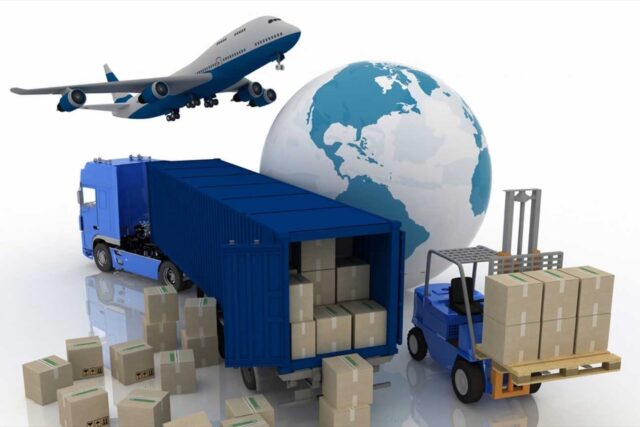
Global logistics is a vital factor for a successful and thriving business. However, it can be an intimidating and complex topic. With so many variables involved in international shipping, it’s easy to feel overwhelmed by all the details.
The complexities of global logistics have made it difficult for even experienced professionals to stay ahead of changing regulations and market demands. But with the right information, businesses can create successful models that maximize both profit margins and customer satisfaction.
The Impact Of Global Logistics On The Economy

The economy is deeply impacted by global logistics. Logistics encompasses the intricate orchestration of the movement of goods, services, and information from origin to destination. In an era of heightened globalization, enterprises can now seamlessly transport their wares across vast expanses in a fraction of the time formerly required.
This has unleashed previously inconceivable prospects for international commerce and expansion. It’s also created its own set of challenges when it comes to managing intercontinental trade.
Global logistics provides numerous advantages for businesses on both sides of any transaction:
- lower costs due to economies of scale
- greater access to resources through collaboration with partners abroad
- improved customer service, and
- more efficient operations due to streamlined processes and better communication technologies.
However, there are some risks associated with this type of commerce, including varying regulations between countries, cultural differences in business practices, language barriers, currency fluctuations, customs delays, and more.

Maximizing the potential benefits while minimizing the associated risks requires careful planning and execution on the part of all involved parties – from shippers to suppliers – along with an understanding that no two markets or transactions will be exactly alike.
As such, companies must be prepared for unexpected issues that may arise during transit or delivery so they can quickly adjust accordingly without compromising quality or profitability goals.
Moving forward into an increasingly interconnected world demands a comprehensive approach toward global logistics if organizations are going to remain competitive in today’s marketplaces. And this is where challenges come into play when it comes to managing intercontinental trade.
Companies involved in global logistic operations need to stay up-to-date with new technologies available on the market as these can help them optimize processes like inventory control or route optimization.

With new technologies emerging every day, there is always something new being developed that could potentially revolutionize how we move goods around the world – exploring these possibilities could prove beneficial for any business looking to maximize efficiency within its logistic operations.
The role of global logistics in the world economy cannot be overstated, as it serves as a vital link connecting diverse individuals and businesses worldwide. With recent advancements in logistics, it is evident that the transportation of goods across international borders has been enhanced, making it more efficient and productive than ever before.
Nevertheless, there remain numerous challenges to surmount before global logistics can achieve its maximum efficacy. Companies must invest in innovative technologies and develop strategies for effectively managing their cross-border supply chains if they wish to remain competitive in today’s market.







